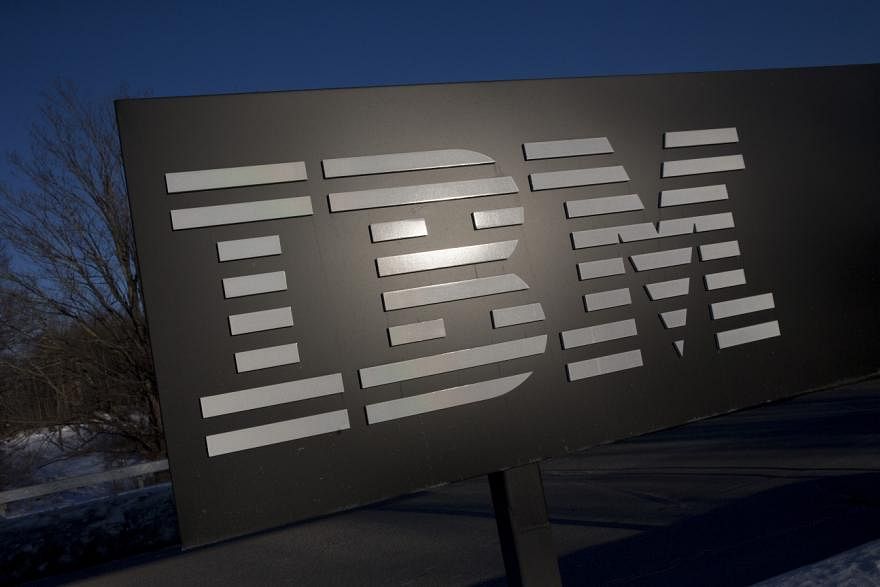ONE of the oldest companies in tech has been quietly trouncing some of the hottest stocks on Wall Street.
International Business Machines recently hit its highest since 2013, putting it about 6 per cent below an all-time high as investors bet that a turnaround is finally bearing fruit after years of tepid growth and share-price returns.
Compared to the Magnificent Seven, IBM’s roughly 19 per cent gain this year, including dividends, trails only Nvidia and Meta Platforms.
“IBM has been discounted by the rest of the industry, but it has made a lot of investments in both cloud and AI, and with a strong AI business, we could see growth inflecting higher,” said Jethro Townsend, portfolio manager at Nia Impact Capital. He cites the firm’s cash flow generation and “healthy” dividend yield as factors that provide room for it to re-rate higher.
Much of the year’s advance followed IBM’s results in late January, when it gave a better-than-expected forecast for both free cash flow and revenue and said it was seeing growing demand for its AI products. The company has also cut jobs and expects to pause hiring for roles that could be replaced with AI, which is seen as a potential tailwind for margins.
The stock fell 0.3 per cent on Wednesday.
The surge is a recent phenomenon, however; while Apple has lagged this year, its five-year total return of 275 per cent is much stronger than IBM’s 82 per cent gain over the same period.
Wall Street remains divided, with bulls outnumbered by sceptics and bears, according to data compiled by Bloomberg. While it looks cheaper relative to most big-tech stocks, IBM’s multiple of 19 times estimated earnings is near its highest in 20 years. Furthermore, the stock is 4 per cent over the average price target, among the worst return potentials among components of the S&P 500 tech index.
Still, the company offers something that is something of a rarity among big tech: a robust dividend. The indicated yield is 3.43 per cent, well above others in the sector. The indicated yields for Apple and Microsoft are below 1 per cent, and while Nvidia pays a dividend, the yield is essentially non-existent.
That hasn’t been enough to entice bulls in the face of IBM’s growth potential, which is expected to remain far below the megacaps. Revenue is expected to grow at a single-digit pace for the next several years, compared with double-digit expansion for other AI-adjacent companies like Microsoft or Alphabet Its most recent report failed to juice expectations; while the consensus for the company’s net 2024 earnings is up 4.4 per cent over the past quarter, the view for revenue has barely budged, per data compiled by Bloomberg.
“The CEO has done a heroic job in starting to turn the company around, but it is just generally slower growth, and not cheap enough to be enticing relative to those more modest prospects,” said David Katz, chief investment officer at Matrix Asset Advisors. “We can easily do better elsewhere.” BLOOMBERG






